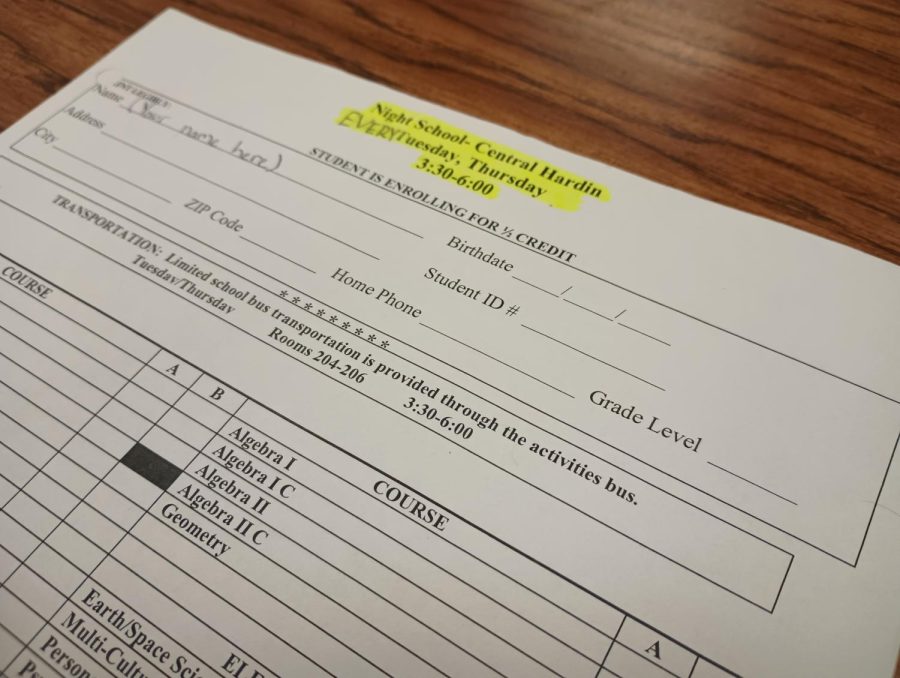So You Failed, Now What?
January 6, 2023
It’s the last day of the trimester. Your teacher is submitting the final grades and every Infinite Campus notification you receive reads, “F/52” and continues to drop further. Finally, you open the app and there it is: “US History Trimester Final Average: F/46.”
Failing a class can be detrimental to both your academic record and your mental state for the rest of the year. Receiving an “F” grade in any class will essentially forfeit the credit you would have otherwise received for the class and your GPA can drop dramatically.
So, now what? Luckily, there are resources and opportunities available you can take advantage of that will help you to keep your credit, boost your GPA, and prevent you from failing a class ever again.
Your first step will be credit recovery.
Credit recovery is a requirement for graduation if you have failed a class. You will not receive your diploma if you do not finish the class. Taking a credit recovery class will be required and will take the spot of an elective if you failed your class in the final trimester. Failing a class during the first two trimesters, you will be given the same instruction that credit recovery students receive during night school. Night school will take place during after school hours, however, and if an issue arises, a different plan will be made to meet your needs.
After you’re finished with this process, your academic record will boast a shiny, new half credit for the course.
The program Central uses for credit recovery is called Apex Learning, a helpful website that can be used to either reteach a subject, or show that you deserve the credit.
“It gives students a way to show that they understood the material,” social studies teacher Emily Wortham, who uses the Apex Learning program in her Credit Recovery classes.
And to make sure you truly understand these subjects in the future, staying focused on school during school hours is key. Studying more often, asking questions and staying after class or during PowerHour is the most effective way to keep a good grade in your class and will further help to improve your GPA.
AP and Honors classes can also give a healthy boost to your weighted GPA; however, these classes are both challenging and can be harmful to your overall GPA if you are unable to handle the workload that comes with Honors and AP classes.
Building healthy study habits and having a good work ethic can make the rest of your high school life easier and more successful. To begin, turn your homework in on time.
According to a survey conducted by The Central Times, 52 out of 116 people agree that not turning in work on time is the largest factor in failing a class.
Even if your work is not completed, you should still turn it in on the due date or request an extension from your teacher. Any grade at all is better than a zero.
Procrastination is also a major factor in work not being completed. The attitude of, “I’ll do it later” can be a mindset that will land you an “F” in the grade book.
“[At] Central, there are many ways to make up work and get a fantastic grade,” freshman Brianna Crouch said. “Not turning in work and not putting in effort leads to students failing.”
At the end of the day, you are responsible for your grade and the decisions that you make. Your decisions make your future, so make the right ones.
















